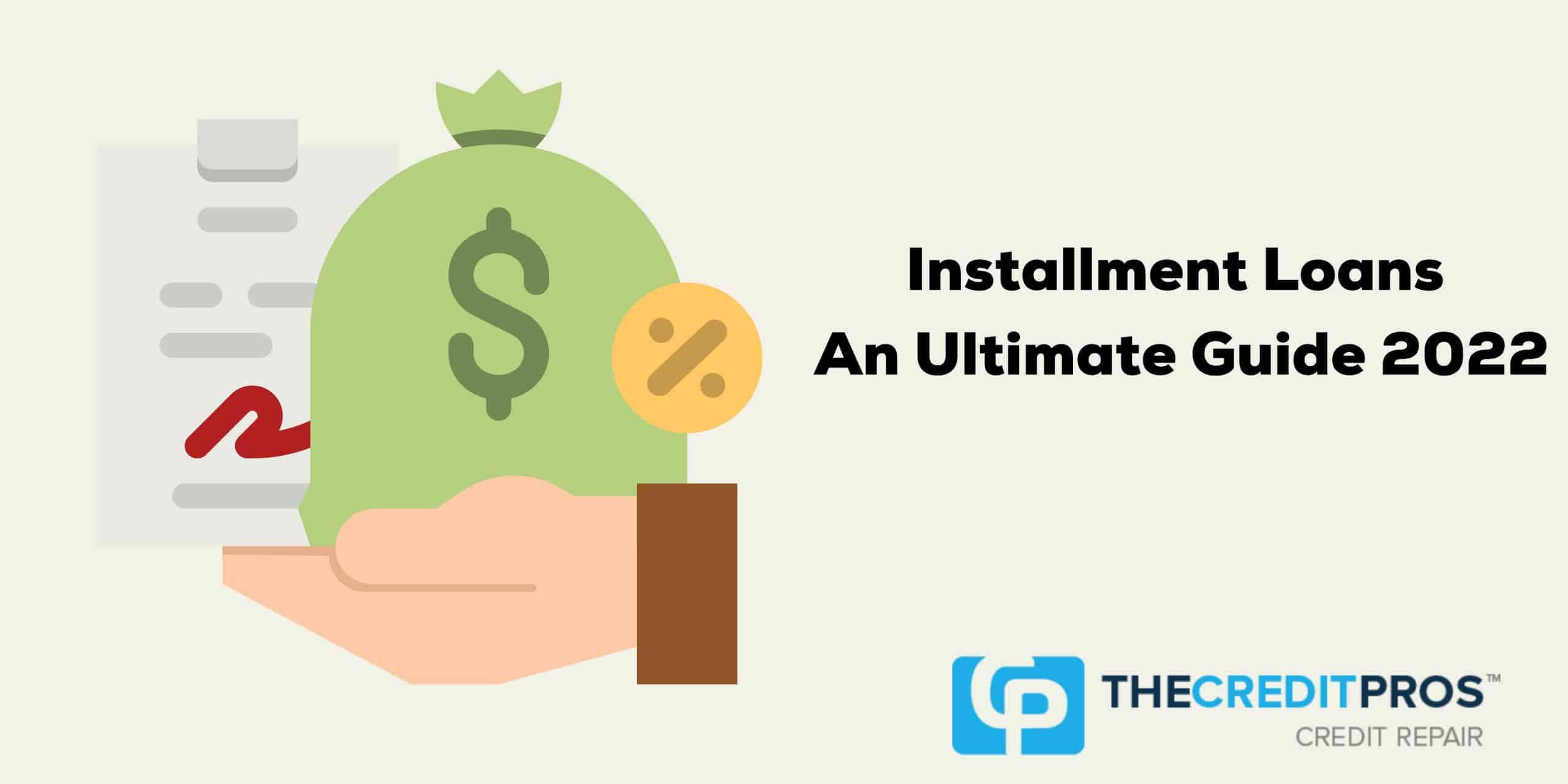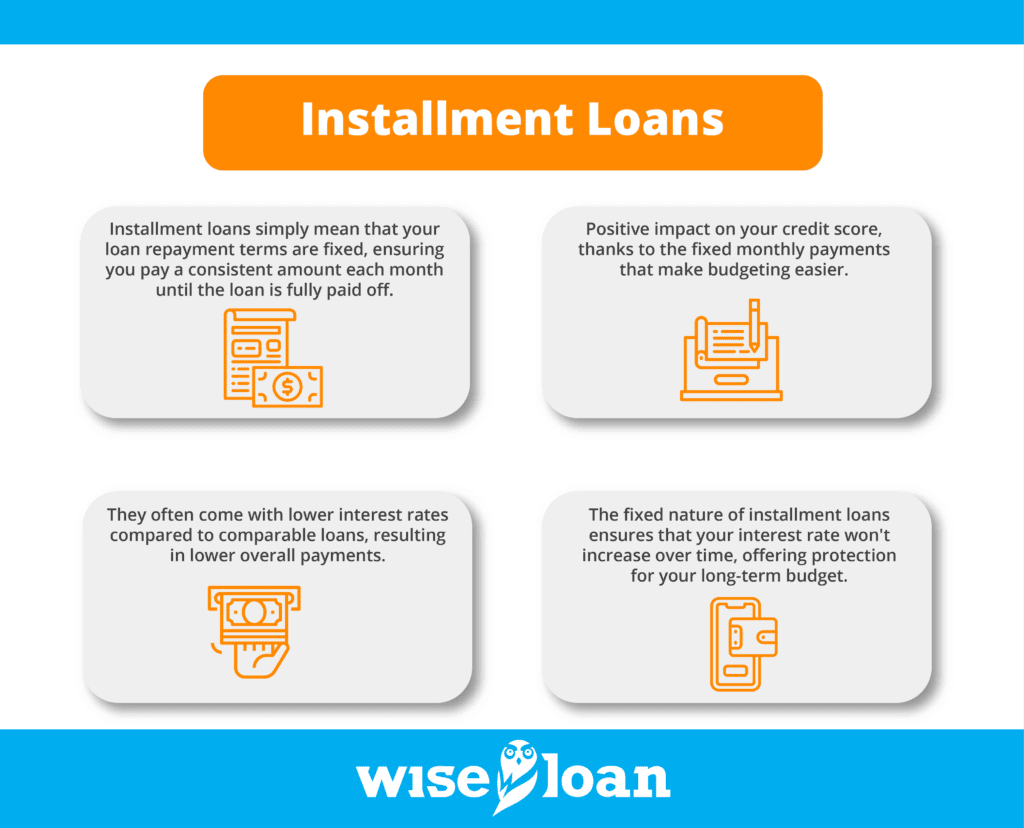The Ins and Outs of Loans: Browsing Your Funding Selections With Confidence
Maneuvering the complex landscape of loans needs a clear understanding of various kinds and important terminology. Numerous individuals locate themselves overwhelmed by options such as individual, vehicle, and student loans, in addition to vital principles like interest prices and APR. An understanding of these principles not only help in examining monetary needs but likewise enhances the loan application experience. There are considerable elements and usual challenges that debtors ought to identify before proceeding even more.
Understanding Various Sorts Of Loans
Loans function as essential economic tools that satisfy different requirements and objectives. People and companies can select from a number of sorts of loans, each made to satisfy details demands. Personal loans, usually unsecured, give debtors with funds for different individual costs, while car loans make it possible for the purchase of lorries via protected financing.
Mortgage, or home mortgages, help purchasers in acquiring property, commonly including long settlement terms and specific rates of interest. Trainee loans, focused on moneying education, frequently featured reduced rate of interest and deferred settlement choices up until after graduation.
For companies, business loans offer required funding for development, devices purchases, or operational costs. In addition, payday advance give fast cash services for immediate requirements, albeit with higher rates of interest. Comprehending the different sorts of loans enables debtors to make enlightened decisions that line up with their economic goals and situations.
Secret Terms and Principles You Need To Know
When maneuvering loans, understanding key terms and concepts is crucial. Rates of interest play an essential function in establishing the price of loaning, while different loan kinds cater to various financial requirements. Experience with these aspects can equip individuals to make enlightened choices.
Passion Rates Discussed
How do rate of interest impact loaning choices? Rates of interest stand for the cost of borrowing money and are an important consider financial decision-making. A higher rates of interest increases the total expense of a loan, making borrowing less attractive, while reduced prices can incentivize customers to tackle debt. Lenders use rate of interest to mitigate danger, reflecting borrowers' credit reliability and prevailing financial problems - Fast Cash. Taken care of interest prices stay consistent throughout the loan term, using predictability, whereas variable rates can change, possibly leading to greater payments gradually. Furthermore, understanding the interest rate (APR) is essential, as it includes not simply passion but likewise any kind of connected fees, supplying an extensive view of borrowing costs
Loan Keys In Summary
Maneuvering the landscape of loan kinds is essential for consumers looking for one of the most ideal funding choices. Recognizing various loan types assists people make informed decisions. Individual loans are typically unprotected, optimal for settling debt or financing individual projects. Home loans, on the other hand, are safeguarded loans particularly for acquiring property. Auto loans serve a similar function, funding automobile acquisitions with the car as security. Organization loans deal with entrepreneurs requiring resources for operations or growth. One more alternative, trainee loans, assist in covering instructional costs, frequently with positive repayment terms. Each loan kind offers distinct terms, rates of interest, and qualification criteria, making it crucial for borrowers to assess their economic demands and abilities prior to dedicating.
The Loan Application Process Clarified
What actions must one require to effectively navigate the loan application procedure? Individuals need to assess their monetary requirements and determine the type of loan that straightens with those demands. Next, they ought to evaluate their credit scores record to verify accuracy and determine locations for renovation, as this can impact loan terms.
Following this, customers must collect needed documentation, consisting of evidence of income, employment history, and economic statements. When prepared, they can approach lending institutions to inquire concerning loan items and rate of interest.
After selecting a lending institution, completing the application type precisely is crucial, as mistakes or omissions can delay processing.
Applicants ought to be all set for possible follow-up demands from the lender, such as extra documents or clarification. By following these actions, people can enhance their possibilities of a effective and smooth loan application experience.
Variables That Impact Your Loan Approval
When thinking about loan approval, several crucial variables enter into play. Two of one of the most significant are the credit rating score and the debt-to-income proportion, both of which supply lending institutions with insight into the debtor's financial security. Comprehending these aspects can substantially enhance a candidate's opportunities of safeguarding the desired financing.
Credit Score Value
A credit score functions as a crucial criteria in the loan approval process, affecting lending institutions' assumptions of a borrower's financial integrity. Normally ranging from 300 to 850, a greater rating shows a background of responsible credit use, consisting of timely settlements and low credit score application. Various factors add to this rating, such as repayment background, length of credit scores history, kinds of credit score accounts, and recent credit report inquiries. Lenders use these ratings to evaluate danger, identifying loan terms, rates of interest, and the probability of default. A solid credit history rating not just enhances authorization opportunities however can additionally cause much more beneficial loan problems. On the other hand, a reduced rating may result in higher interest rates or rejection of the loan application completely.
Debt-to-Income Ratio
Several loan providers consider the debt-to-income (DTI) ratio a vital facet of the loan approval procedure. This monetary metric contrasts an individual's month-to-month debt payments to their gross regular monthly revenue, giving insight into their capability to manage extra financial debt. A lower DTI proportion indicates a healthier economic circumstance, making customers extra appealing to lenders. Aspects affecting the DTI proportion consist of housing expenses, credit score card equilibriums, pupil loans, and various other recurring expenses. Additionally, modifications in earnings, such as promos or task loss, can significantly affect DTI. pop over to this web-site Lenders commonly prefer a DTI ratio listed below 43%, although this threshold can vary. Managing and recognizing one's DTI can improve the opportunities of safeguarding beneficial loan terms and rates of interest.
Tips for Managing Your Loan Properly

Usual Mistakes to Avoid When Taking Out a Loan

In addition, several people hurry to accept the very first loan offer without contrasting choices. This can cause missed opportunities for better terms or reduced rates. Customers ought to also prevent taking on loans for unnecessary costs, as this can result in long-term debt troubles. Lastly, ignoring to analyze their credit rating can hinder their capacity to safeguard favorable loan terms. By understanding these challenges, consumers can make educated decisions and navigate the loan process with higher confidence.
Regularly Asked Concerns
How Can I Improve My Credit Score Before Using for a Loan?
To enhance a credit score before applying for a loan, one ought to pay expenses in a timely manner, decrease superior debts, examine debt reports for mistakes, and stay clear of opening up brand-new charge account. Regular financial behaviors yield positive outcomes.
What Should I Do if My Loan Application Is Denied?

Are There Any Fees Connected With Loan Early Repayment?
Financing early repayment charges may use, depending upon the lender and loan type. Some loans include charges for early repayment, while others do not. It is important for debtors to evaluate their loan contract for particular terms.
Can I Negotiate Loan Terms With My Lender?
Yes, borrowers can work out loan terms with their lenders. Variables like credit history, settlement background, and market problems might influence the lender's readiness to change rates of interest, payment schedules, or costs related to the loan.
Just How Do Interest Rates Influence My Loan Payments Gradually?
Rate of interest substantially Get More Information affect loan repayments. Greater prices result in boosted monthly repayments and total interest expenses, whereas reduced rates decrease these expenditures, eventually influencing the customer's general monetary burden throughout the loan's period.
Numerous people find themselves bewildered by choices such as personal, vehicle, and pupil loans, as well as key concepts like interest prices and APR. Passion rates play a vital function in identifying the cost of loaning, while various loan types cater to various monetary demands. A greater interest rate boosts the total price of a loan, making borrowing less attractive, while lower rates can incentivize debtors to take on financial debt. Fixed interest rates stay constant throughout the loan term, offering predictability, whereas variable rates can vary, potentially leading to higher payments over time. Financing early repayment costs might use, depending on the lending institution and loan kind.